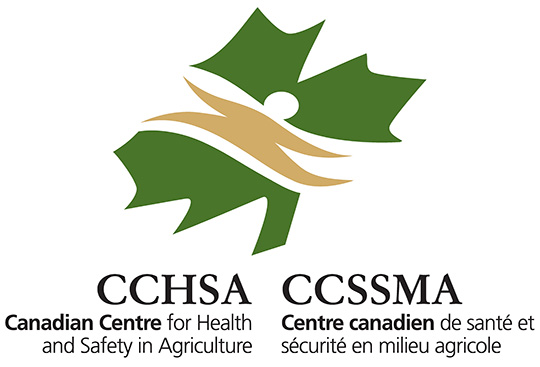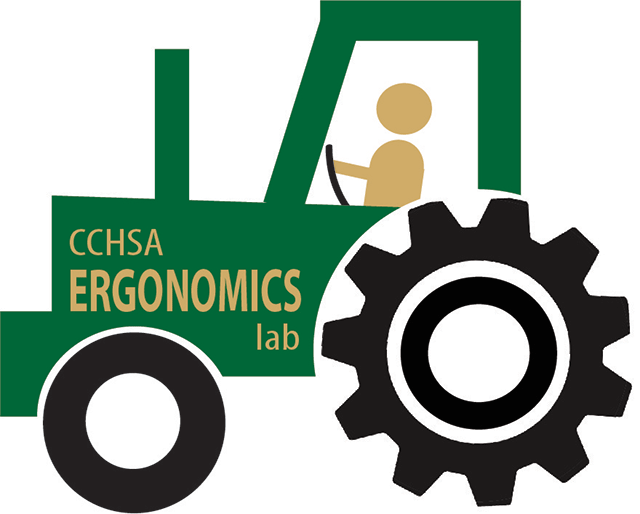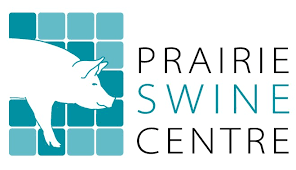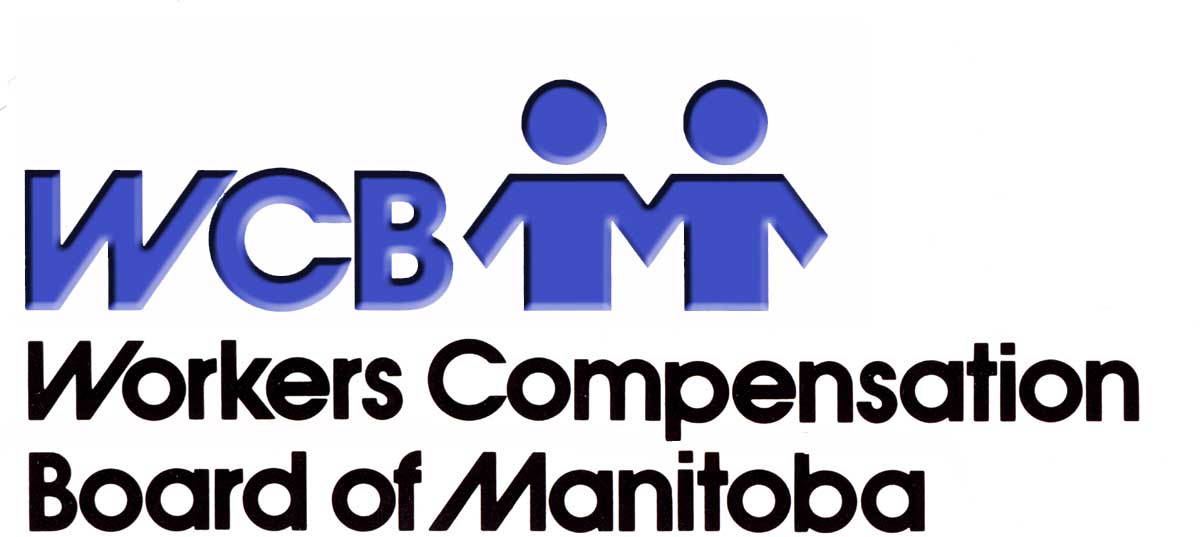About the Creation of this Tool
This tool was developed as part of a research study on technology adoption in the swine industry. This study was designed to investigate the implementation of needle-less injectors in terms of cost, productivity, injury rates, biomechanical exposures, and worker preference; and develop a suite of decision-making tools for evaluating the occupational health and safety benefits, as well as business impacts, of new technologies (see the full published study protocol ). The original study investigated the difference between needle and needle-less injection in several ways:
-
Ergonomic Exposure Assessment: Sixteen 2- to 4-hour assessments was made on swine workers performing injection tasks with both injection methods. Muscle activity (EMG), gripping force, and upper limb posture were measured throughout the time.
-
Productivity Analysis: Video recordings during the exposure assessments was compared with the duration and repetition for each injection method using time and motion methods.
-
Injury Records: WCB claim and incident report data from up to 60 pig barns in Saskatchewan and Manitoba was analyzed for needle-stick and musculoskeletal injuries pre and post adoption of needle-less injectors.
-
Management Interviews/Worker Focus Groups: Workers and managers were interviewed on what they like and dislike about each method, as well as what helps and hinders successful implementation.
-
Economic Analysis: The information above was inputted into a cost-benefit model to determine the net benefits of needle-less injectors in terms of occupational health, worker preference and the financial ‘bottom line’ of the farm.
-
Integrated Knowledge Translation: Industry stakeholders and key partners were involved in study planning and interpreting findings through stakeholder meetings.
You can read more about the findings of the study on the University of Saskatchewan Ergonomics Lab website.
This research project was conducted with the support of the Workers’ compensation Board of Manitoba 2015 Research and Workplace Innovation Program (RWIP) Project titled "Development of a Comprehensive Toolkit for Evaluating Workplace Musculoskeletal Injury Interventions: Swine Injection Technologies as a Test Case". This research was supported in part by the Canada Research Chairs program [#228136].
The Research Team was led by Catherine Trask of the Canadian Centre for Health and Safety in Agriculture and the University of Saskatchewan. The research team also included:
- Brenna Bath, School of Rehabilitation Science, University of Saskatchewan
- April Liu, Canadian Centre for Health and Safety in Agriculture, University of Saskatchewan.
- Olugbenga Adebayo, Canadian Centre for Health and Safety in Agriculture, University of Saskatchewan.
- Bernardo Predicala, Prairie Swine Centre
- Erika Penz, Department of Medicine, University of Saskatchewan
- Lee Whittington, Prairie Swine Centre
- Stephan Milosavljevic, , School of Rehabilitation Science, University of Saskatchewan
- Aaron M. Kociolek, University of Nippissing
- Biaka Imeah, Canadian Centre for Health and Safety in Agriculture, University of Saskatchewan
- Xiaoke Zeng, Canadian Centre for Health and Safety in Agriculture, University of Saskatchewan
- Abisola Omoniyi, Canadian Centre for Health and Safety in Agriculture, University of Saskatchewan
- Liana Tennant, Canadian Centre for Health and Safety in Agriculture, University of Saskatchewan
- Aaron Awdhan, Canadian Centre for Health and Safety in Agriculture, University of Saskatchewan
We are grateful for the ongoing participation and collaboration of the stakeholder advisory group for this project. The stakeholder members were:
- Miles Beaudin, Manitoba Agriculture, Food and Rural Development Livestock Division [formerly Manitoba Pork Council]
- Andrew Dickson, Manitoba Pork Council
- Jeff Shaw, SAFE Work Manitoba’s Prevention Consultant
- Janice Goldsborough, Manitoba Pork Council
- Harvey Wagner, Sask Pork Development Board
- Bridget Gray, Sask Pork Development Board
- Ravneet Kaur, Sask Pork Development Board
- Bobbie-Jo Porter, OlySky
- James Battershill, Keystone Agricultural Producers of Manitoba
- Gail Archer-Heese, SAFE Work Manitoba Prevention Consultant
- Bruce Ceilen, WCB Manitoba
- Joanne Machado, WCB Manitoba
- Korine Talbot, Hylife Veterinarian
- Tatjana Ometlic, Prairie Swine Centre
The formula and its assumptions
Economic analysis can get very complicated with many inputs. To keep this tool simple and usable, we have made several assumptions:
- After the first year, the costs of operation are assumed to be the same for all subsequent years until the end of the technology lifespan. First year total cost includes incremental cost of equipment plus all other costs. Total costs after the first year include all cost components except incremental cost of equipment.
- Benefits are assumed to be the same every year over the life span of the technology.
- Although pigs may be sold daily, weekly, or monthly, the revenue from pig sales is assumed to be an annuity (i.e. paid in equal fixed amounts each year for a number of years). Payments are assumed to be made monthly.
- Annuities are assumed to be paid at the beginning of the period (month), as are costs.
- Costs and benefits are valued at a constant price, i.e. inflation is assumed to be 0%.
Questions, comments, suggestions, or edits for this document?
Please contact:
Abisola Omoniyi
Research Assistant
Canadian Center for Health and Safety in Agriculture (CCHSA)
Phone: 306-966-5971
abo648@mail.usask.ca
Catherine Trask
Associate Professor & Principle Investigator
Canadian Center for Health and Safety in Agriculture (CCHSA)
Phone: 306-966-5544
catherine.trask@usask.ca





